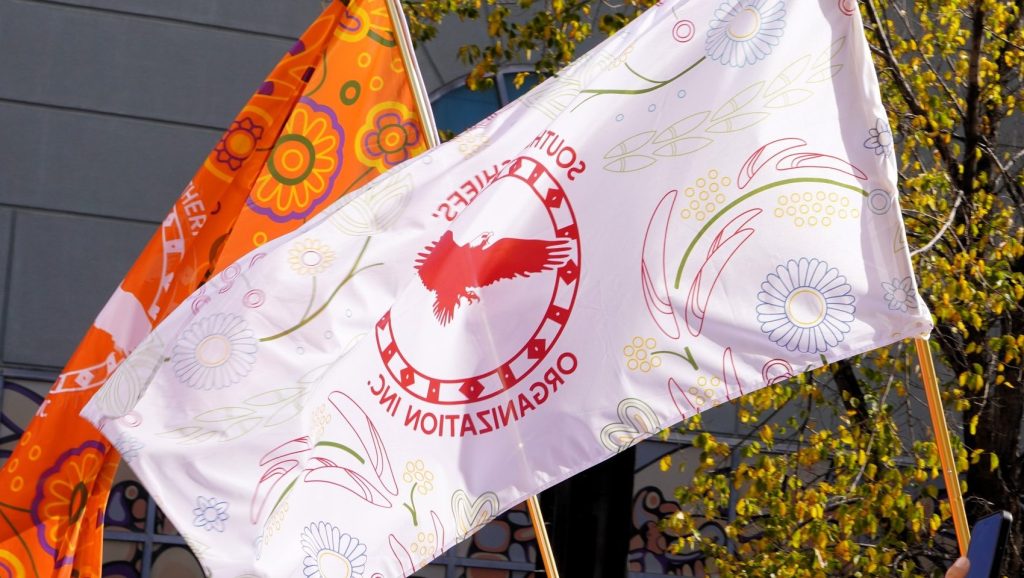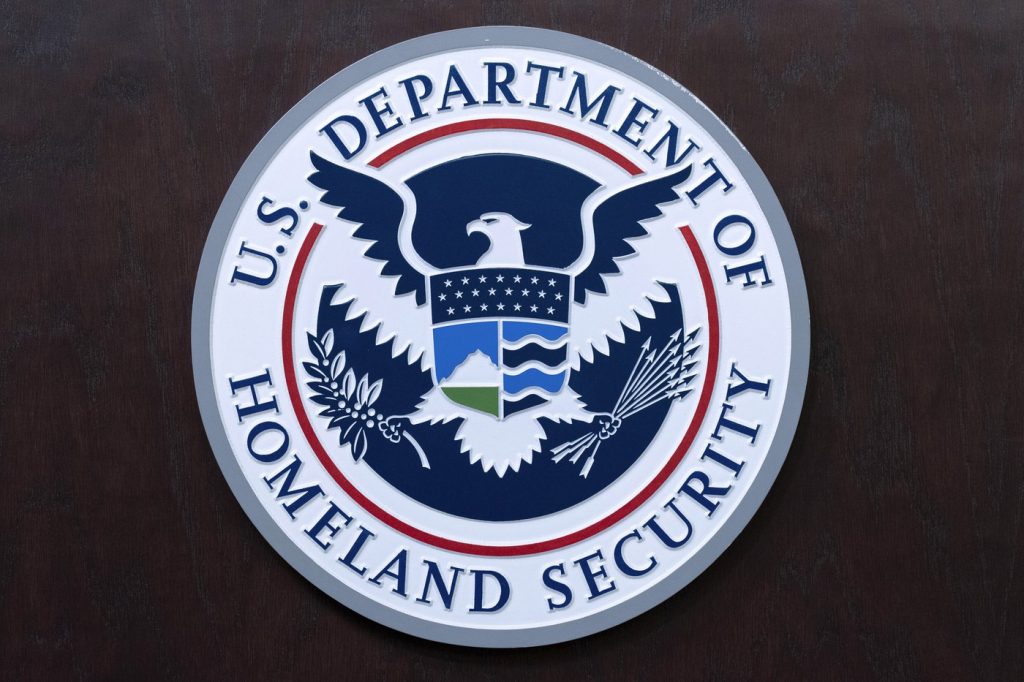The Southern Chiefs’ Organization (SCO) emphasizes the critical role of Indigenous languages in reconciliation, yet it asserts that these languages are still marginalized in Manitoba's educational system. Margaret Swan, the director of child welfare at the SCO, expressed the belief that language is central to culture and identity, stating, “Our language is our culture, it is our identity, it connects us to who we are.” The SCO is urging both provincial and federal governments to allocate funding and attention to First Nations languages comparable to that given to French education.
Swan remarked, “We have always (fought) in different ways to have equity and fairness when it comes to First Nations languages and First Nations culture.” Currently, only a limited number of schools in Manitoba provide programs in Indigenous languages such as Anishinaabemowin and Dakota. The SCO advocates for these languages to be recognized as core subjects rather than cultural supplements, seeking to integrate First Nations languages into the curriculum from kindergarten through Grade 12.
Despite some advancements, Swan noted, “They are taking steps in the right direction, but it is not enough. There is much more that could be done.” A significant disparity exists in funding, with the Manitoba government providing about $130 per student for French immersion compared to merely $14 for Indigenous language instruction. In response, Manitoba Premier Wab Kinew highlighted a new law that permits the offering of Indigenous language programs as full-immersion courses, emphasizing the province's commitment to support the SCO's message. He stated, “We’ve also announced degree programs; people can become certified to teach Ojibway and Cree.” He expressed optimism about the future immersion schools for new graduates in the field.
In addition to government efforts, two Manitoba colleges are dedicated to cultivating the next generation of Indigenous language speakers. The University of Winnipeg plans to offer a bachelor's degree program in Anishinaabemowin immersion, while the University College of the North (UCN) is set to initiate a Cree-focused program. Both initiatives are supported by over $4 million in provincial funding.
Aandeg Muldrew, the Anishinaabemowin program coordinator at the University of Winnipeg, spoke on the importance of bridging the gap between generations of speakers, noting that the new program focuses on adult learners eager to gain proficiency in the language. He emphasized the significance of immersing students to foster fluency and sustain the language among future generations.
At UCN, Vice-President Academic and Research Helga Bryant highlighted the crucial role of a council of Elders in guiding the program’s development, linking language education to cultural identity and reconciliation. Bryant stated, “This degree and being able to start this in January is a huge act of reconciliation.” She underscored the collaborative efforts with Elders, Indigenous faculty, and knowledge keepers in shaping the curriculum and program direction.
The university aims to prepare students for various professional realms in northern Manitoba, such as education, law, social sciences, and healthcare. Bryant explained that the new language program will serve as a foundation for students to enhance their language skills alongside their academic qualifications.
Moreover, UCN plans to launch at least one to two courses as early as January, navigating the challenges of establishing a program mid-academic year. There will be a cap of 20 students per campus, aligning with the institution’s ambition to revitalize Indigenous language and culture comprehensively.
For further details about the University of Winnipeg and the University College of the North's Indigenous language programs, more information can be found on their respective websites.












